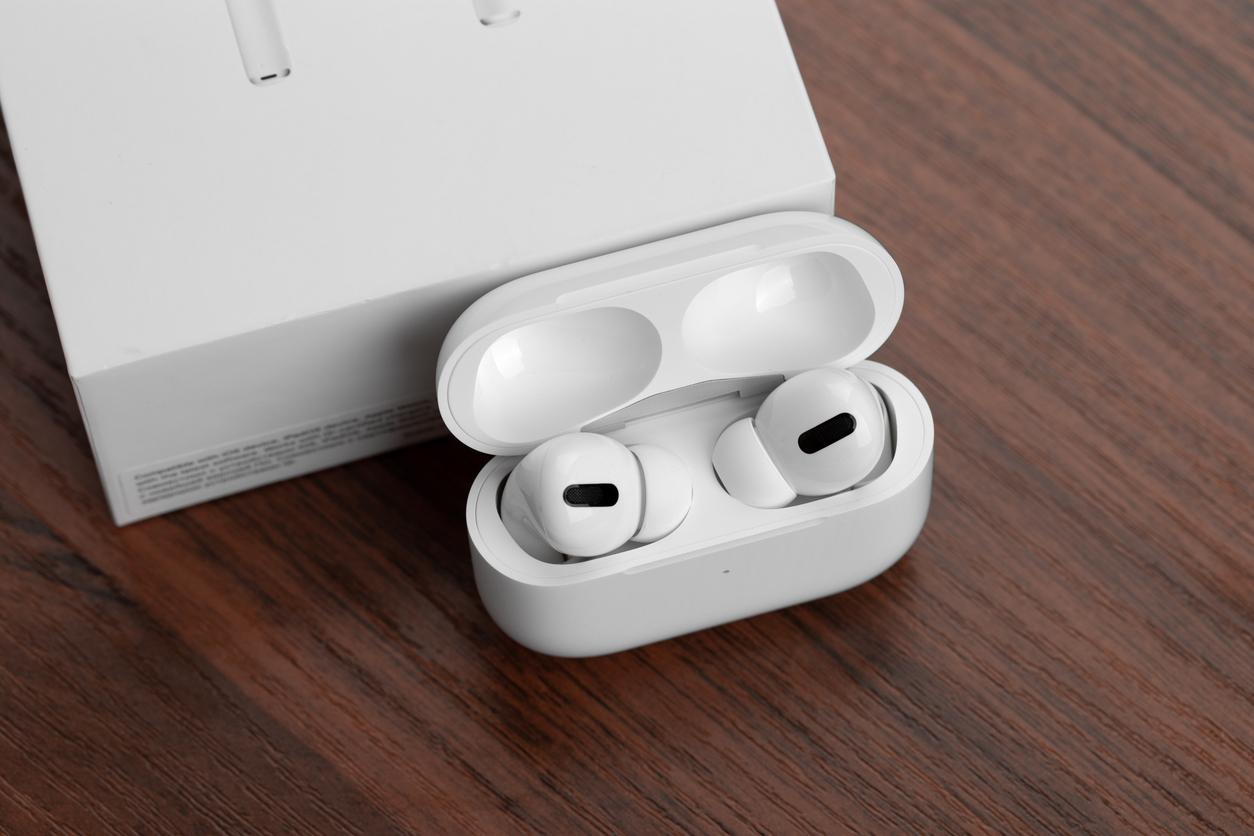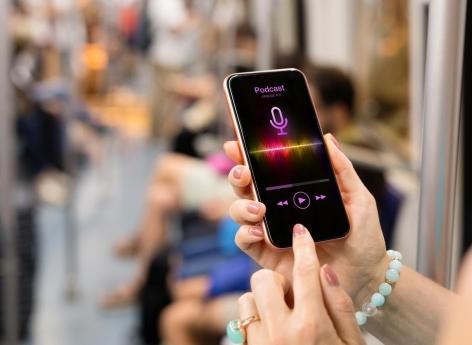
One of the standard Apple apps suddenly sees its app rating rise extremely. Not quite naturally.
Apple is trying to position your iPhone in such a way that you almost don’t need external apps anymore. You can listen to music via Apple Music, you can use apps with iMessage and you can control your smart devices at home with Apple Home. The problem with this is that people often prefer alternatives from third parties. For example, you often listen to podcasts via Spotify, how often do you use the Apple Podcasts app?
Badly rated
If the answer is ‘not often’, it could be for several reasons. One prominent reason could be that the app had a rating in the App Store of only 1.8 stars, which as a manufacturer should really be seen as a warning: your app is not working. This is often complained about during the review: basic features that a podcast app should have these days, are nowhere to be found in Apple’s own Podcasts app.
manipulated
Yet the app rating of Apple’s Podcasts app has suddenly improved a lot, to an average of about 4.7 stars. Has Apple thoroughly improved the app and is it now a serious alternative to, for example, Spotify? That would be so fair and so the answer is ‘no’. Apple has more or less manipulated users to boost their app rating.
Judgement
Apple has created a pop-up asking for a rating between one and five stars. However, this notification is so incorporated into the app that users apparently think they are reviewing the podcast and not the app itself. The App Store is bursting with four- and five-star reviews where nothing is said about the app, but the podcast being listened to (which one is not even mentioned). This is how users think they rate the podcast, but in fact they ensure that an Apple app with actually less than two stars app rating now suddenly takes almost five stars based on thousands of reviews.
All this was reported by The Verge and they even have a response from Apple. They say there is “nothing special about it: since iOS 15.1, we’ve given users the ability to give app ratings in iOS apps. You can also turn this off.” It has not (yet) been found which notification the users receive, but it seems evident that users do not fully understand what they are assessing. Since Apple has apparently designed it a bit misleadingly, do your research. You can therefore no longer blindly trust Apple apps.
.















